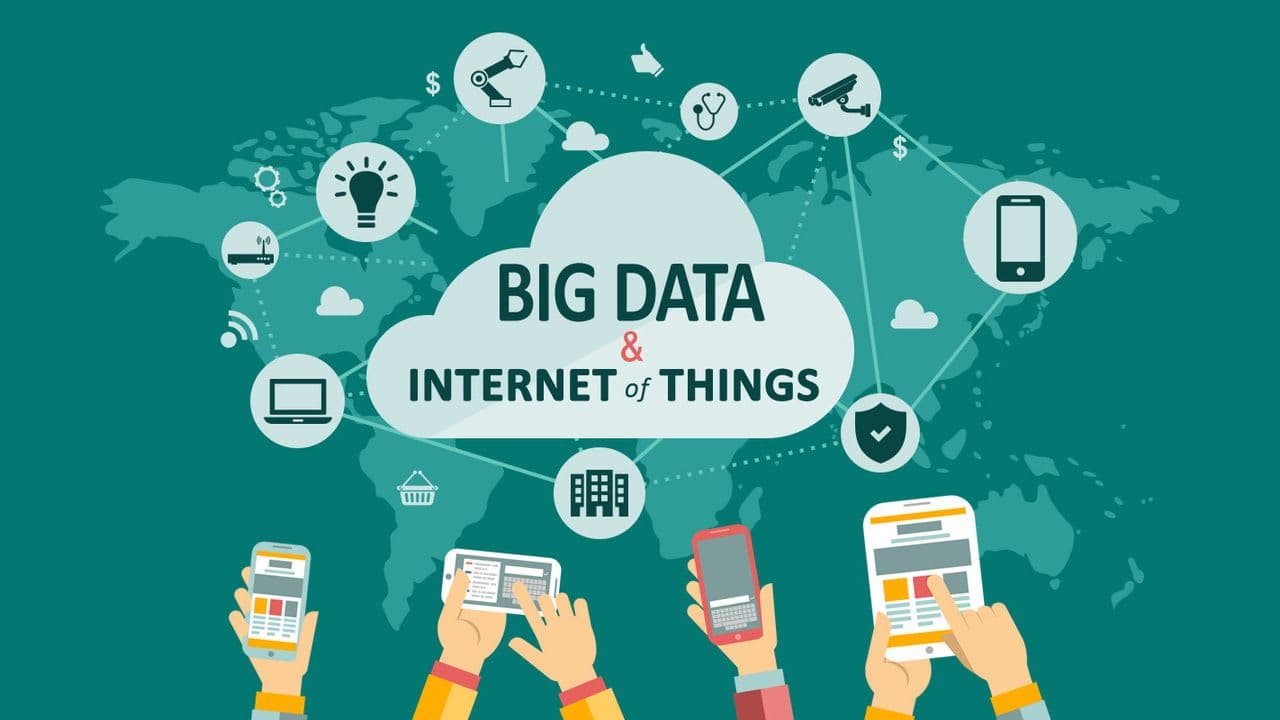How is IoT Related to Big Data Analytics?
Big Data Quotes of the Week: August 31, 2012
“…the accumulated experience about what works and what doesn’t work for care management suggests that a ‘Small Data’ approach might be good enough for many medical groups, while being more immediately implementable and a lot less costly. We’re not convinced, in other words, that the problem for Accountable Care Organizations (ACOs) is a scarcity of data or second rate analytics. Rather, the problem is that we are not taking advantage of, and using more intelligently, the data and analytics already in place, or nearly in place”–David C. Kibbe and Vince Kuraitis
“Modeling isn’t magic, there is always a human element in there, and people often forget that”–Scott Brave, Baynote
“To make [big data] sing you have to be a programmer. Right away you have instantly cut out most of the world. Requiring people to be able to program or write advanced database queries is a no go”–Jock Mackinlay, Tableau
“Insurers are ill-prepared for the new demands of big data, especially around the large volumes to be accumulated as new data sources (especially public) are used and focus is broadened to unstructured data analysis”–Kimberly Harris-Ferrante, Gartner
“We are using a lot of data now. We are tapping into data that had been hidden to us and we are using this information to make better strategic plans and to fine-tune our product build”–Ben Cortez, Southwest Airlines FCU
“I believe that the power of Big Data is that it is information about people’s behavior instead of information about their beliefs… This sort of Big Data comes from things like location data off of your cell phone or credit card, it’s the little data breadcrumbs that you leave behind you as you move around in the world. What those breadcrumbs tell is the story of your life. It tells what you’ve chosen to do. That’s very different than what you put on Facebook. What you put on Facebook is what you would like to tell people, edited according to the standards of the day. Who you actually are is determined by where you spend time, and which things you buy. Big data is increasingly about real behavior, and by analyzing this sort of data, scientists can tell an enormous amount about you. They can tell whether you are the sort of person who will pay back loans. They can tell you if you’re likely to get diabetes. They can do this because the sort of person you are is largely determined by your social context, so if I can see some of your behaviors, I can infer the rest, just by comparing you to the people in your crowd. You can tell all sorts of things about a person, even though it’s not explicitly in the data, because people are so enmeshed in the surrounding social fabric that it determines the sorts of things that they think are normal, and what behaviors they will learn from each other… We’re entering a new era of social physics, where it’s the details of all the particles—the you and me—that actually determine the outcome. Reasoning about markets and classes may get you half of the way there, but it’s this new capability of looking at the details, which is only possible through Big Data, that will give us the other 50 percent of the story. We can potentially design companies, organizations, and societies that are more fair, stable and efficient as we get to really understand human physics at this fine-grain scale. This new computational social science offers incredible possibilities. This is the first time in human history that we have the ability to see enough about ourselves that we can hope to actually build social systems that work qualitatively better than the systems we’ve always had. That’s a remarkable change… Big Data can be used for good or bad, but either way it brings us to interesting times. We’re going to reinvent what it means to have a human society”—Alex (Sandy) Pentland, MIT

